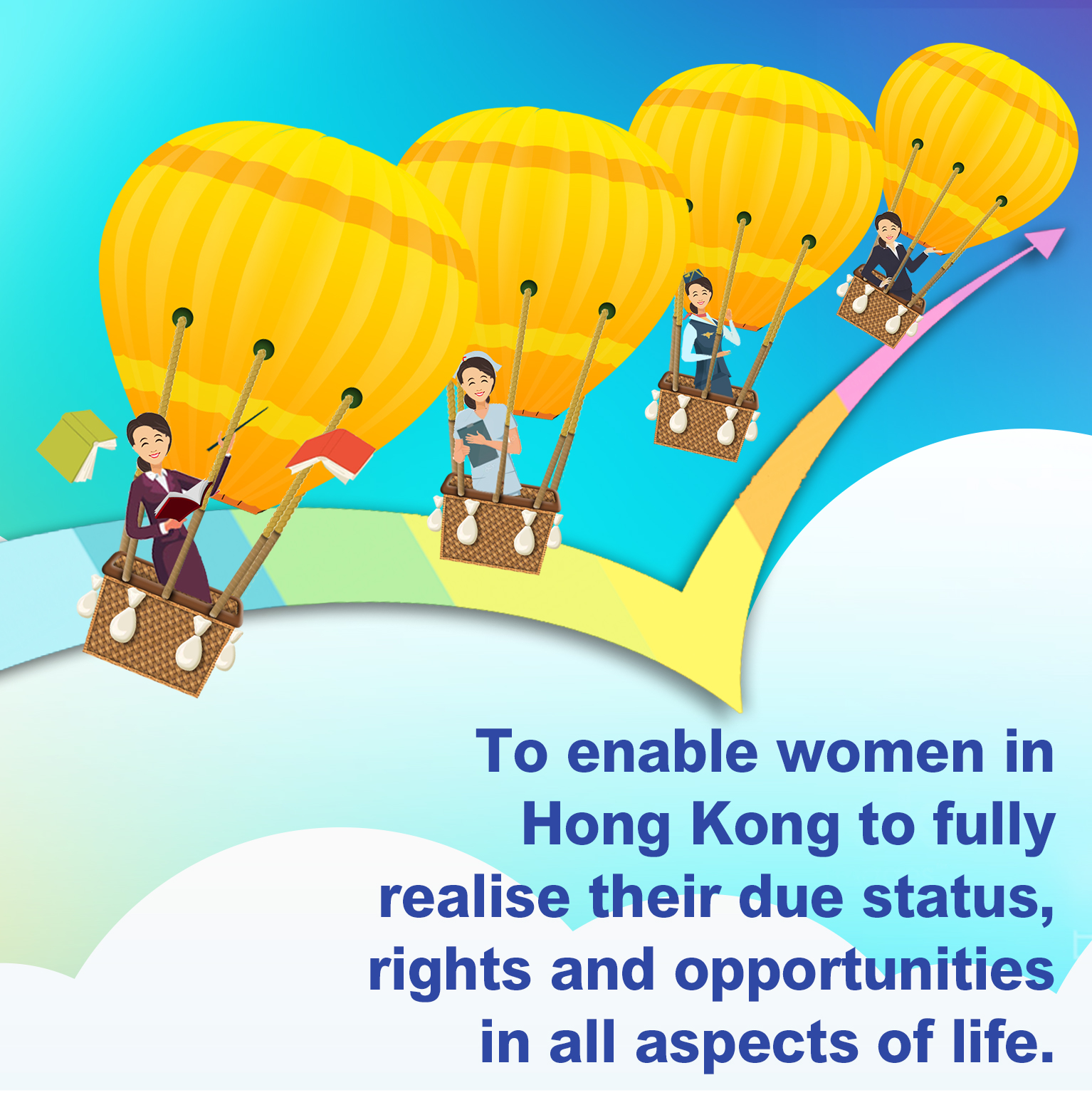Navigating Progress: Women in Hong Kong
Related Articles: Navigating Progress: Women in Hong Kong
Introduction
In this auspicious occasion, we are delighted to delve into the intriguing topic related to Navigating Progress: Women in Hong Kong. Let’s weave interesting information and offer fresh perspectives to the readers.
Table of Content
Navigating Progress: Women in Hong Kong

Hong Kong, a vibrant metropolis known for its economic prowess and cultural dynamism, presents a complex landscape for women. While significant strides have been made in recent decades, challenges remain, demanding continued efforts towards gender equality. This exploration examines the multifaceted experiences of women in Hong Kong, shedding light on their achievements, obstacles, and the ongoing journey towards a more equitable society.
Education and Employment: A Balancing Act
Hong Kong boasts a high literacy rate, with women achieving parity in educational attainment. However, the transition from education to the workforce reveals disparities. Women, despite their academic achievements, often face a glass ceiling in certain industries, encountering limitations in leadership roles and salary discrepancies. The traditional societal expectations of family responsibilities and caregiving roles can also hinder career advancement.
Breaking Barriers: Women in Leadership
While the number of women in leadership positions has steadily increased, the representation remains disproportionate. The corporate world, particularly in finance and technology, continues to grapple with gender imbalances at senior levels. This reflects a complex interplay of factors, including societal norms, unconscious bias, and the lack of adequate support systems for women to navigate the challenges of leadership.
Family and Caregiving: A Shared Responsibility
The societal expectation of women as primary caregivers remains prevalent in Hong Kong. Balancing career aspirations with family responsibilities can be daunting, particularly for women who bear the brunt of childcare and elder care. While the government has introduced policies to ease the burden, such as subsidized childcare and parental leave, further initiatives are needed to promote a more equitable distribution of caregiving responsibilities within households.
Health and Wellbeing: Addressing Gendered Disparities
Women in Hong Kong face unique health challenges, including higher rates of depression and anxiety. This can be attributed to factors such as societal pressure, work-life imbalances, and the prevalence of gender-based violence. Access to mental health services and support systems remains a crucial area for improvement.
Financial Empowerment: Bridging the Gap
Despite economic progress, women in Hong Kong often experience a gender pay gap. This disparity can have long-term consequences, impacting their financial security and retirement planning. Encouraging women to participate in financial literacy programs and advocating for equal pay policies are essential steps towards closing the financial gap.
The Role of Government and Civil Society
The Hong Kong government has implemented various policies to promote gender equality, including legislation against discrimination and initiatives to support women’s entrepreneurship. However, further efforts are needed to address the systemic barriers that hinder women’s advancement. Civil society organizations play a crucial role in advocating for women’s rights, providing support services, and raising awareness about gender equality issues.
FAQs by Women in Hong Kong
Q: What are the biggest challenges women face in Hong Kong today?
A: Women in Hong Kong continue to face challenges related to gender stereotypes, work-life balance, and access to leadership positions. The societal expectations of women as primary caregivers can limit their career aspirations, and the gender pay gap remains a significant concern.
Q: What are the most important steps the government can take to improve the lives of women in Hong Kong?
A: The government can play a crucial role in promoting gender equality by implementing policies that address the gender pay gap, provide affordable childcare, and support women’s entrepreneurship. Investing in mental health services and promoting a culture of shared family responsibilities are also vital steps.
Q: What can women in Hong Kong do to advocate for themselves and other women?
A: Women can advocate for themselves and other women by participating in organizations that promote gender equality, supporting female-led businesses, and challenging gender stereotypes in their personal and professional lives.
Tips by Women in Hong Kong
- Embrace mentorship and networking: Seek out mentors and connect with other women in your field to gain support and guidance.
- Develop strong financial literacy: Understand your finances and invest in your financial future.
- Prioritize self-care: Make time for activities that promote your physical and mental wellbeing.
- Challenge gender stereotypes: Be a role model for younger generations and advocate for gender equality in all aspects of life.
Conclusion
The journey towards gender equality in Hong Kong is a continuous process. While significant progress has been made, challenges remain. By addressing these challenges through government policies, civil society initiatives, and the collective efforts of women themselves, Hong Kong can create a more equitable society that empowers women to reach their full potential. The future of Hong Kong hinges on the active participation of all its citizens, ensuring that women are afforded equal opportunities to thrive and contribute to the city’s vibrant tapestry.








Closure
Thus, we hope this article has provided valuable insights into Navigating Progress: Women in Hong Kong. We thank you for taking the time to read this article. See you in our next article!
